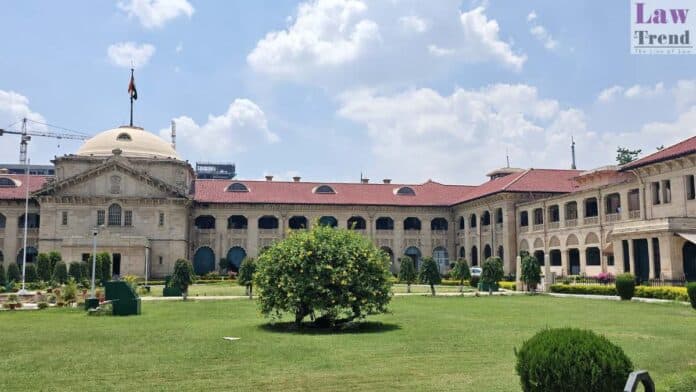In a recent judgment, the Allahabad High Court, comprising Justice Saumitra Dayal Singh and Justice Donadi Ramesh, has emphasized that a Family Court cannot unilaterally decline jurisdiction over a case unless there is an objection from the opposite party or a transfer order issued by a superior court. This decision came in response to First
To Read More Please Subscribe to VIP Membership for Unlimited Access to All the Articles, Download Available Copies of Judgments/Order, Acess to Central/State Bare Acts, Advertisement Free Content, Access to More than 4000 Legal Drafts( Readymade Editable Formats of Suits, Petitions, Writs, Legal Notices, Divorce Petitions, 138 Notices, Bail Applications etc.) in Hindi and English.




